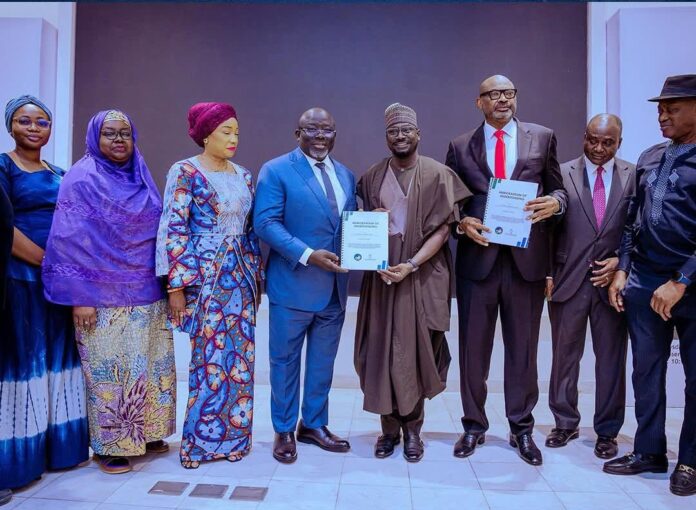Delta State is set for a major energy boost that could create over 31,200 jobs and attract about $158 million (over ₦250 billion) in private investments through mini-grid projects, according to the Rural Electrification Agency (REA).
The Executive Director of the Rural Electrification Fund (REF) at the REA, Hon. (Engr.) Doris Uboh, revealed this on Wednesday, August 20, 2025, during the REA’s State-by-State Roundtable Engagement with Delta State held in Abuja.
Uboh explained that Ndokwa East Local Government Area has the highest number of unserved residents in the state, followed by Burutu, Ughelli South, Oshimili North, and Warri South West, while Ika South is the most electrified local government. She stressed that bridging these gaps will not only bring light to homes and businesses but also transform Delta into a renewable energy hub.
Presenting electrification data, the former lawmaker representing Ika Federal Constituency urged investors to tap into the opportunities in Delta’s energy market.
Governor Oborevwori Unveils Energy Plan
At the Abuja roundtable, Governor Sheriff Oborevwori pledged Delta State’s full commitment to renewable energy as a driver of industrial growth, rural development, and inclusive prosperity.
The Governor unveiled a Decentralized Energy Plan to power major state institutions, including the Government House, the new Secretariat Complex, Stephen Keshi Stadium, Asaba Airport, and universities—while also extending electricity to rural schools and communities.
He described reliable electricity as “a cornerstone for productivity, investment, and improved livelihoods.”
To fast-track this vision, Delta State has signed a Memorandum of Understanding (MoU) with the REA and private partners, opening the door to new opportunities in solar, wind, hydro, and biomass solutions.
National Support and Private Sector Role
The Managing Director/CEO of REA, Abba Aliyu, hailed Delta’s forward-looking energy strategy, noting that the agency currently has $1.16 billion available for renewable energy projects across Nigeria. He disclosed that a $53 billion, 600MW solar assembly plant is already under consideration for Delta, which could further position the state as a renewable energy hub.
Aliyu also commended Governor Oborevwori for domesticating the Electrification Act 2023, establishing a state regulatory commission, and strengthening rural electrification structures. However, he stressed that actual deployment of projects will depend largely on private sector participation.
Adding her voice, Uboh emphasized that bridging Delta’s energy access gaps will unlock thousands of jobs and attract large-scale investments through mini-grid projects.
Governor Oborevwori assured potential investors of transparency, accountability, and returns, stating that Delta is building a future where clean energy drives industries, powers communities, and secures shared prosperity.



